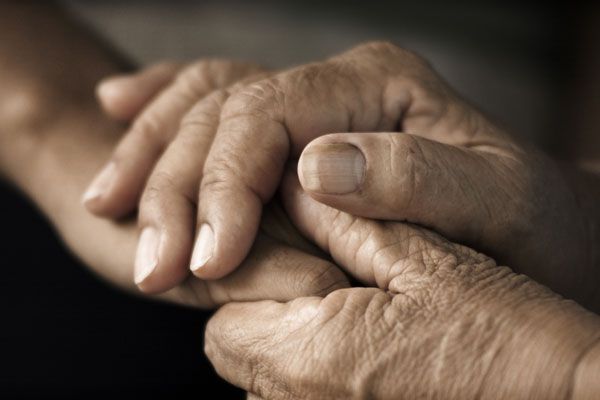Dealing with Grief as a Caretaker
Taking care of an elderly or terminally ill person can present many emotional challenges. For example, caretakers might be confronted with anger and resentment about the patient taking up their time, a sense of loss of self as a patient’s needs take precedence over their own, and preemptive grief.
It’s important to understand that all of these emotions, while complex and complicated, are a natural part of being a caretaker. Of all of them, however, grief can be the most challenging for a caretaker to handle. In this article, you’ll explore what preemptive grief is, and how to manage grief after a patient passes on.
Preemptive Grief
As a caretaker, you may experience what psychologists call “preemptive grief.” This grief involves grieving the person you’re taking care of before they pass. If you’re taking care of an elderly relation that you knew before they fell ill or became old, you might find yourself mourning the person they once were, as well as experiencing intense feelings of sadness and fatigue.
Sometimes grieving preemptively can help lessen the blow of death when it finally comes. Other times, it doesn’t. Still, even if it seems strange to grieve for someone before they die, it is a common occurrence among caretakers.
Managing Preemptive and Traditional Grief
Grief causes many emotions that may be overwhelming, including feelings of loss, loneliness, and abandonment. Sometimes, after caring for a person for many years, caretakers will also experience a sense of relief after that person passes, immediately followed by guilt for being relieved.
The following steps can help you manage your grief:
1) Acknowledge your emotions as healthy, normal, and natural
The caretaking process is complex and multifaceted, leading to complex and multifaceted emotions following someone’s passing. Whether you feel intense loneliness, relief, fulfillment from helping that person as much as you were able to, or something else, no emotion is inappropriate. By acknowledging your emotions as healthy and natural, you can work through them instead of avoiding and repressing them.
2) Find an outlet
Whether it’s the privacy of your journal, a cherished friend, or another family member, talking through your feelings can help provide a sense of closure and understanding. What’s important is that you share your feelings. By acknowledging them to a friend or to your journal, you can find clarity and reflection.
3) Seek counseling
If you find that grief is severely impacting your everyday life, don’t be ashamed to seek out a counselor. Many counselors can provide ways of moving through the grief and accepting your feelings. Whether you want to seek a counselor for a short-term engagement or go long term, speaking to a professional can help you get through your difficult time.
Grieving encompasses many emotions, all of which are normal, natural, and healthy. By acknowledging them, finding an outlet for them, and seeking counseling, you can eventually work through your grief.












